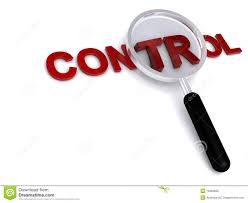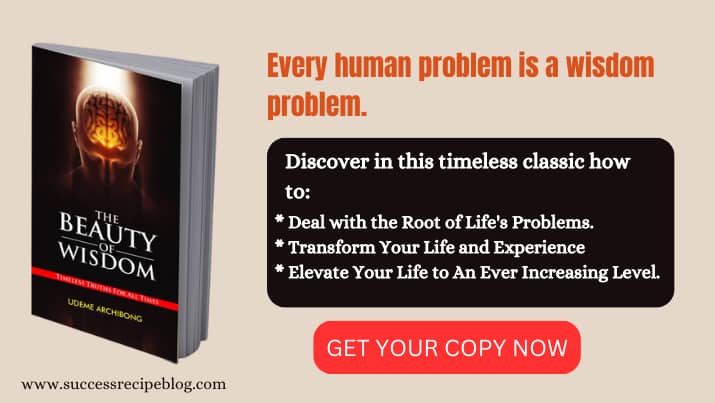
MENTAL DIET

WHO IS IN CONTROL OF YOUR LIFE? (PART 6)
“What you focus on becomes the locus of control over your life”
- UDEME ARCHIBONG.
When we focus most of our time and energy on things we cannot control we lose control of our lives. Focus on what you can do something about rather than focusing on what you are just concerned about.
You may not be able to do anything about the global economy or the national economy in the country in which you reside but you sure can do something about your personal economy by better managing your finances; increasing your earning capacity and making investments.
Focusing on the problems in the environment and the weaknesses of people which you do not have control over expands negative energy that disempower your ability to effect positive and progressive changes in your life.
When we focus our energies on things we cannot control we empower those things to control us and we lose control over our lives.
Worrying about conditions makes you weary of life but working on yourself influences the condition for a positive change.
In other words, to create the condition you desire work on yourself to effect inside-out changes; to perpetuate the condition you despise, worry about it.
- You have direct control over your “being” and “doing” – you have direct control of your habits; your habits determine your character and your character shapes your destiny.
- You have an indirect control over other people through the power of influence – by becoming an inspiring example; through persuasion; empathy; your ability to really listen to understand another and by aiming for win/win in your dealings or relationships with people.
- You have no control of the past and the situational realities of life however, you do have control of the way you see and experience them – You do have control over your response and your attitude towards them.
- You have no control over the negative consequence of wrong choices or mistakes made in the past but you can admit, evaluate, learn from and grow through past mistakes to make better choices.
Rather than complain about or criticize the weakness of another, compensate for them and you will compel a change in the situation through your positive influence. Rather than focusing on the weaknesses of others, focus on their strengths and compliment their strengths.
The character focus is the paradigm of responsibility. When you work on “being” you work on the solutions. When you work on “having” you have more problems.
When we work on what we are, we influence what we have and attract what we want and create what we experience.











